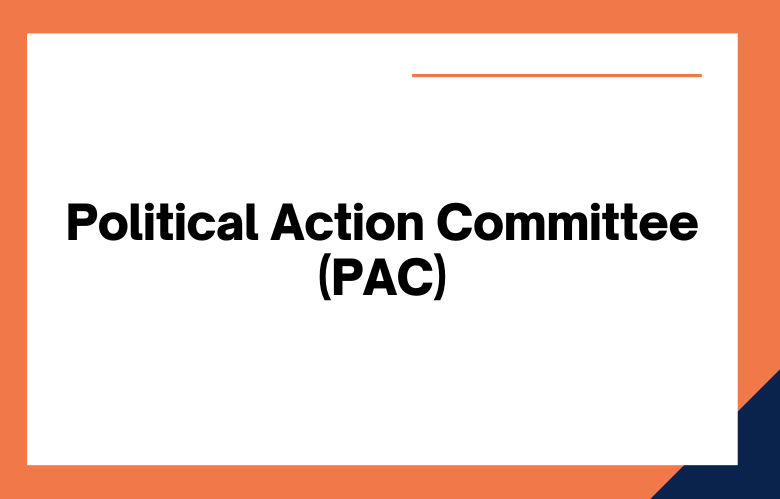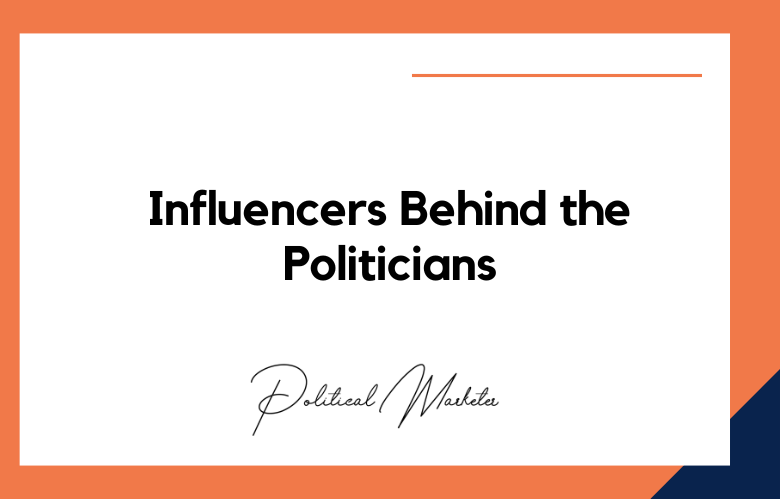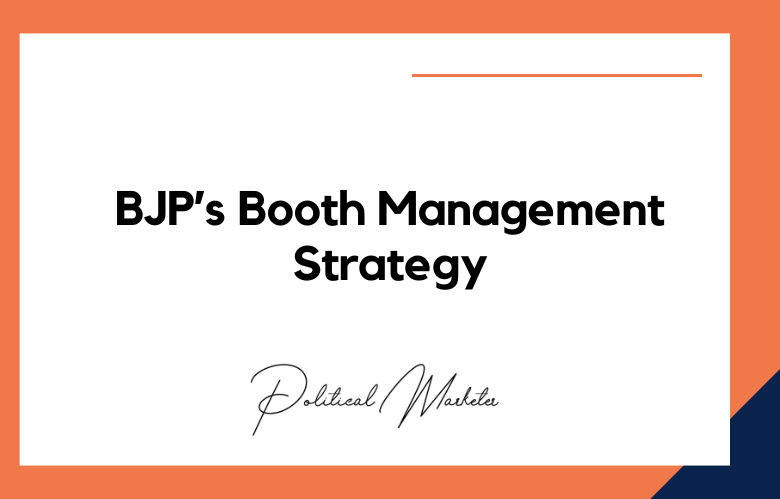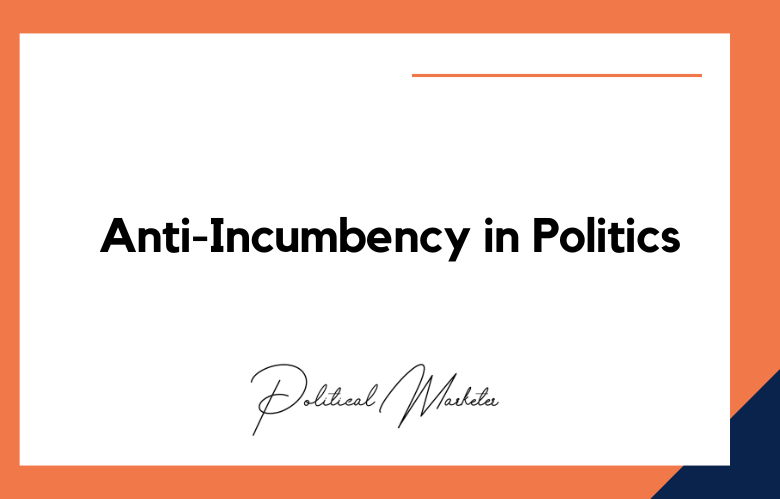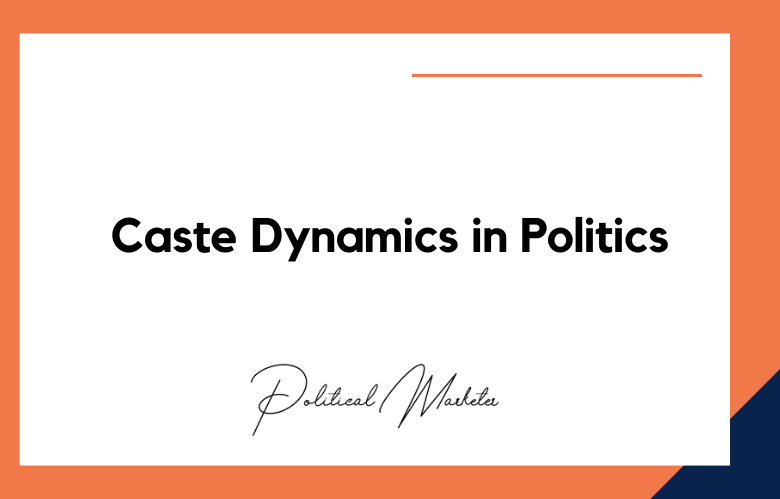Political action committees (PACs) are groups formed to influence elections. Individuals, businesses, unions, and other organizations can create PACs. PACs can raise money for political candidates or causes and spend it on campaigning.
This includes advertising, direct mail campaigns, and even fundraising events. We’ll examine how PACs impact elections and what you need to know about them.
What is a Political Action Committee (PAC)?
A Political Action Committee, or PAC, is founded by individuals, businesses, or labor unions to raise money to influence political campaigns and elections.
The funds PACs raise are typically used to finance campaigns through direct mailings, television advertisements, and other forms of communication.
This allows them to have more significant influence over the election process due to their access to more substantial amounts of money, which can be used for television commercials, mailings, and other forms of advertisement.
PACs often work with political consultants who help craft their message to resonate best with voters in targeted districts or states.
By pooling resources from numerous donors to finance campaigns on behalf of particular candidates or causes, PACs can create powerful voices in politics that otherwise would not be heard.
Political Action Committees must abide by specific rules and regulations set forth by the FEC regarding fundraising activities, disclosing financial information, operating expenses, restrictions on donations from foreign nationals, and prohibitions on coordinating with candidates’ campaigns about how PAC dollars should be spent during an election cycle.
PACs must also file quarterly reports detailing their expenditures during each period and list any contributions received during that time frame and any disbursements directly related or unrelated to a candidate’s campaign efforts.
In addition to filing quarterly reports with the FEC, each PAC must also file annual reports providing detailed information regarding its finances, including total receipts, current debt liabilities, total spending, total cash on hand at year’s end, and cumulative disbursements throughout the year, among other items required under FEC regulations.
Many consider political action committees highly transparent due to their strict reporting requirements, which provide insight into how they receive funding, who contributes what amount, how it is spent, etc.
Political Action Committees serve an essential role within our democratic system by allowing donors of all sizes, whether individuals, corporations, or labor unions, to come together under one umbrella entity to spread their message.
This gives citizens access to those interested parties’ opinions and allows them to participate by contributing funds towards causes espoused by such groups.
How do Political Action Committees (PACs) work?
A PAC is an organization that supports one or more candidates in an election. Lobbies, corporations, trade associations, unions, nonprofits, or individuals can form PACs.
The money these organizations raise is then used to influence public opinion through advertising campaigns and donations to the candidates’ campaigns.
In short, PACs provide financial support for political campaigns in exchange for policy changes that favor their interests.
The Impact of Political Action Committees (PACs) on Elections
PACs significantly impact elections as they can influence which candidate wins.
By donating large amounts of money to a campaign, a PAC can help shape the narrative around a particular candidate and help them gain name recognition with voters.
Furthermore, PACs can also use their resources to launch negative advertising campaigns against opposing candidates to discredit them.
This allows PACs to shape the political landscape in favor of their chosen candidate or cause.
How do Political Action Committees impact Elections?
One primary way political action committees impact elections is by raising money to support their chosen candidates or causes.
Political action committees can raise money from various sources, including individual donations and corporate contributions.
This gives them a significant financial advantage over other candidates who may need access to the same level of funding.
In addition to fundraising, Political action committees engage in activities such as voter education and Get Out The Vote (GOTV) initiatives.
These activities can be very effective in helping a candidate win an election. They provide voters with information about the candidate and encourage them to get out and vote on Election Day.
Voters need to know PACs’ role in elections to understand where their votes are going.
Everything You Need to Know about Political Action Committees (PACs)
A political action committee, or PAC, is formed to influence the outcome of elections. PACs can play a significant role in deciding which candidates will win elections and what policies are implemented.
Corporations, labor unions, and other special interest groups often use them to sway public opinion and elect candidates who support their causes. Let’s take a closer look at how PACs work and how they impact our elections.
Understanding How Political Action Committees Impact Elections
Political Action Committees, or PACs, work to influence elections and public policies.
PACs raise money to support political candidates, issue advocacy campaigns, and lobby for specific causes on behalf of their members.
They can directly impact elections by endorsing and financially supporting specific candidates over others.
We’ll explore how PACs work and affect the outcomes of elections.
A closer look at Political Action Committees (PACs)
Political Action Committees, or PACs, are organizations created to raise and spend money for a candidate or cause.
PACs are an essential part of the political landscape in the United States and have a significant impact on elections.
Let’s look at what makes up a PAC and how they can wield power in politics.
The Role of the FEC and Other Regulations
Political action committees must file reports with the Federal Election Commission (FEC) disclosing how much money they have raised and spent for their chosen candidate or cause.
This information helps ensure transparency in the electoral process by allowing voters to see who is behind a given PAC’s donations and expenditures.
Several laws limit the amount of money a PAC can donate or spend for its chosen candidate or cause—these limits vary by state.
Impact on Elections
PACs play an essential role in elections by providing resources needed for campaigns that would otherwise go unfunded by individual contributors alone.
They also allow large donors—such as corporations and wealthy individuals—to pool their resources to exert more influence over which candidates are elected.
This has led some critics to argue that too much power is concentrated on just a few people who may not necessarily represent the best interests of voters at large.
Types of Political Action Committees
Super Political Action Committees (PACs)
A super PAC is an independent political action committee that can raise and spend unlimited money to support or oppose candidates for office.
Super PACs must disclose their donors to the public but are not subject to the same restrictions as traditional PACs.
Traditional Political Action Committees (PACs)
A traditional PAC is a political action committee affiliated with a candidate, party, or interest group.
Traditional PACs are subject to federal regulations limiting how much money they can raise and spend.
Hybrid Political Action Committees (PACs)
A hybrid PAC is a political action committee that can raise and spend unlimited money to support or oppose candidates for office.
It must also disclose its donors to the public. Hybrid PACs are subject to the same restrictions as traditional PACs.
527 Organizations
A 527 organization is a tax-exempt organization that political candidates and parties often use to raise and spend money for political purposes.
Five hundred twenty-seven organizations are not subject to the exact disclosure requirements as PACs, but they must file periodic reports with the IRS detailing their activities.
501(c)(4) Organizations
A 501(c)(4) organization is a tax-exempt organization that can engage in political activity but is not required to disclose its donors to the public.
Political candidates and parties often use 501(c)(4) organizations to raise and spend money for political purposes.
Trade Associations
A trade association is an organization that represents the interests of a particular industry or sector.
Trade associations often engage in political activity to influence government policies that affect their members.
Labor Unions
A labor union is an organization that represents the interests of workers in a particular industry or sector.
Labor unions often engage in political activity to influence government policies that affect their members.
Business Corporations
A business corporation is a legal entity that can engage in political activity to influence government policies that affect its business interests.
Business corporations must disclose their political spending to shareholders and the public.
Conclusion
Political action committees play an essential role in our electoral process by providing access to funds for candidates who may not otherwise have access to such funds.
However, voters must understand PACs’ role in elections to make informed decisions when casting their ballots.
Several regulations govern how much money a PAC can donate or spend for its chosen candidate or cause.
Understanding these regulations will help ensure transparency in our electoral process.
By being aware of these laws and regulations related to political action committees, you can ensure your vote goes towards electing the best candidate for office!
Call: +91 9848321284
Email: [email protected]
Frequently Asked Questions (FAQs)
What is a Political Action Committee (PAC)?
A PAC is an organization that collects funds from members or donors to support or oppose political candidates, legislation, or ballot initiatives.
What is the purpose of a PAC?
PACs aim to influence elections and policymaking by funding political campaigns or lobbying legislators in favor of specific interests.
Are PACs the same as political parties?
No. While both are involved in politics, PACs do not run candidates but support them financially or ideologically.
What are the different types of PACs?
Types include Connected PACs, Non-Connected PACs, Super PACs (independent expenditure-only committees), and Leadership PACs.
What is a Super PAC?
A Super PAC can raise and spend unlimited amounts of money independently to advocate for or against political candidates, but cannot donate directly to candidates or coordinate with them.
How do PACs raise money?
PACs raise money from individuals, associations, unions, or corporations (depending on legal restrictions), often through voluntary contributions.
Who can contribute to a PAC?
U.S. citizens and legal residents can contribute to PACs, though amounts and sources vary depending on PAC type and regulations.
Are there limits on PAC donations to candidates?
Yes. Traditional PACs have contribution limits, while Super PACs are not allowed to contribute directly but have no limit on independent expenditures.
What is the role of PACs in elections?
PACs support candidates aligned with their interests by funding ads, organizing campaigns, or lobbying on key issues.
Can foreign nationals contribute to PACs?
No. U.S. federal law prohibits foreign nationals from contributing to PACs or influencing elections financially.
What is the difference between a PAC and a 527 group?
PACs are regulated by the FEC and focus on elections; 527 groups are tax-exempt organizations focused on issue advocacy and may not expressly support or oppose candidates.
Do PACs need to register with any authority?
Yes. In the U.S., PACs must register with the Federal Election Commission (FEC) and file regular reports detailing contributions and expenditures.
What are Leadership PACs?
These are PACs set up by politicians to raise money for other candidates, often used to build influence within a party or for future campaigns.
What is the impact of PACs on democracy?
PACs can help represent diverse interests but also raise concerns about disproportionate influence of wealthy donors or special interests.
Are PACs legal in all countries?
No. PACs are primarily a U.S. concept. Other countries have different campaign finance laws and regulatory structures.
Can corporations create PACs?
Yes, corporations can form Connected PACs (also known as separate segregated funds), but they can’t contribute directly from corporate treasury funds.
How are PACs different from lobbying firms?
PACs focus on campaign finance, while lobbying firms focus on influencing legislation through direct contact with lawmakers.
Can PACs be transparent?
Legally, they must disclose donors and spending in reports to the FEC, though Super PACs may use intermediary organizations to obscure funding sources.
What is dark money in relation to PACs?
“Dark money” refers to political spending by groups (like 501(c)(4) nonprofits) that do not have to disclose their donors, unlike PACs.
What reforms are proposed for PACs?
Reforms often focus on stricter disclosure, contribution caps, banning coordination with candidates, or public financing alternatives to reduce PAC influence.

